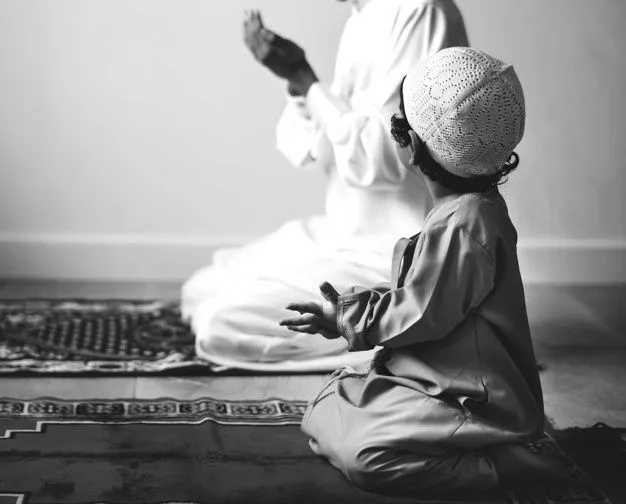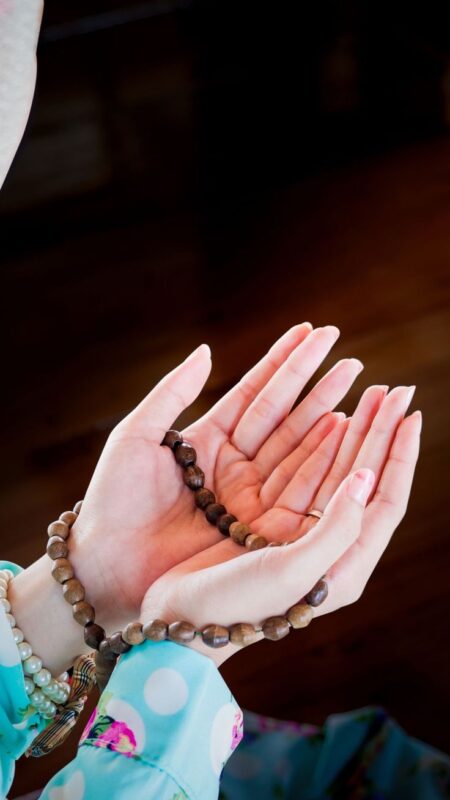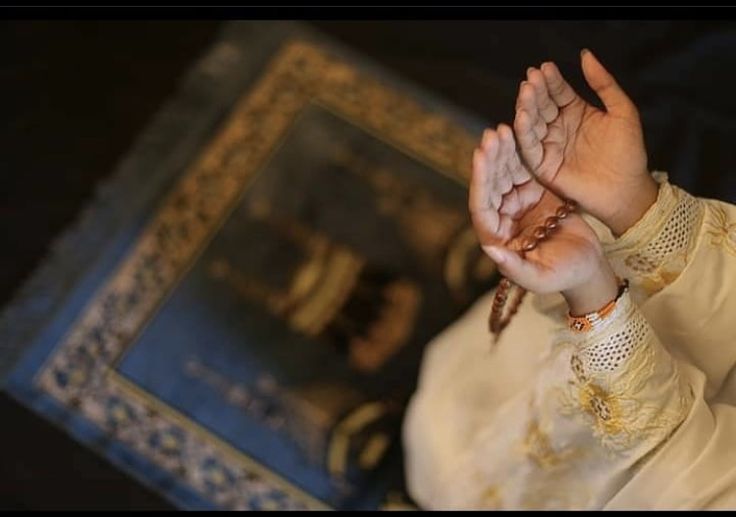In Islam, the act of dua (دُعَاء), which translates to “supplication” in Arabic, is extremely important. It symbolises a direct and intimate dialogue between believers and Allah (SWT), during which they might ask for blessings for themselves and others, express appreciation, ask for forgiveness, and seek direction. The essence of worship is embodied in dua, which is more than just a ritual but rather a close relationship between a servant and their Creator.
The Function of the Dua in Islam
Islam places a strong emphasis on the value of communicating with Allah through both private supplications (Dua) and required prayers (Salah). Dua is freeform and can be made anywhere, at any time, whereas Salah is a five-times-daily, planned act of worship. It reminds one of the constant connection between a believer and Allah.
The importance of dua is emphasised several times in the Quran:
“Your Lord then says, ‘Call upon Me; I will answer you.'” Those who reject My devotion will, in fact, be humiliated and go to Hell. (Ghafir Surah, 40:60)
This verse highlights Allah’s omnipotence and mercy while assuring believers that He will answer their prayers.
The Goal and Strength of Dua
- Recognition of Dependency:
A Muslim recognises their reliance on Allah by offering a dua. It is an expression of humility, acknowledging that the Creator is the source of all strength and nourishment.
2. Fortifying Belief:
Dua strengthens a believer’s bond with Allah and strengthens their faith. Even in the midst of life’s hardships, consistent prayer cultivates faith in Allah’s divine plan.
3. Comfort Source:
Dua offers spiritual comfort. The act of turning to Allah can bring calm, hope, and relief from anxiety during trying times.
4. Gratitude Encouragement:
Dua is an opportunity to thank Allah for His benefits, not just to make requests. This keeps Christians focused on the positive aspects of their lives.

Islam’s Dua Types
1 . The “Supplication of Asking” (Dua al-Mas’alah):
pleading with Allah for assistance, needs, or desires—for oneself or for others. Prayers for health, provision, or forgiveness are a few examples.
2 . Dua al-Ibadah, or the Prayer of Worship:
a type of indirect dua in which worship is a manifestation of dependence on Allah. This comprises acts of remembrance (Dhikr), Salah, and the recitation of the Quran.
The Prophet Muhammad’s (PBUH) Life with Dua
The Prophet Muhammad (PBUH) led by example and continuously emphasized the effectiveness of dua. Every part of his life, including before meals, while sleeping, when travelling, and even at trying moments, he would offer up prayers.
One well-known hadith emphasises how near Allah is to those who seek Him out:
“If he does not become impatient and say, ‘I prayed to my Lord, but my prayer has not been granted,’ then every one of you will have their request answered.” (Al-Bukhari, Sahih)
Given that Allah answers in ways that are most advantageous to the believer, this demonstrates the importance of patience and perseverance in dua.
Useful Advice for Creating Dua
1 . Be Sincere: When offering up a dua, make sure your heart is completely present.
2 .Give thanks to Allah: Begin by giving thanks and honouring Allah, then bestow blessings on Prophet Muhammad (PBUH).
3. Be Particular: Clearly state what you need or want.
4. Be Thankful: Never stop being grateful for Allah’s previous blessings.
5. Be persistent by believing in Allah’s wisdom and doing dua on a regular basis.
The Role of Dua in Everyday Muslim Life

Dua is not limited to particular times for Muslims. It might be made alone or collectively, silently or out loud. It is a means of getting direction, gaining understanding, and keeping up a spiritual relationship with Allah all day long.


